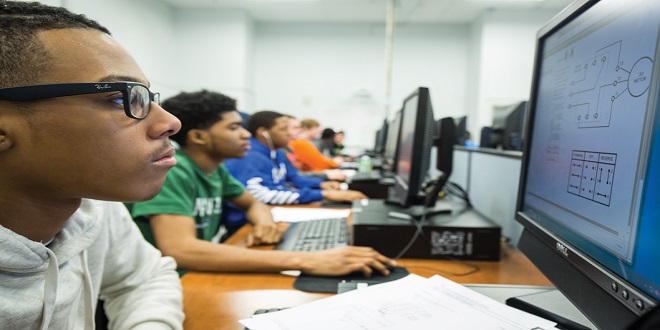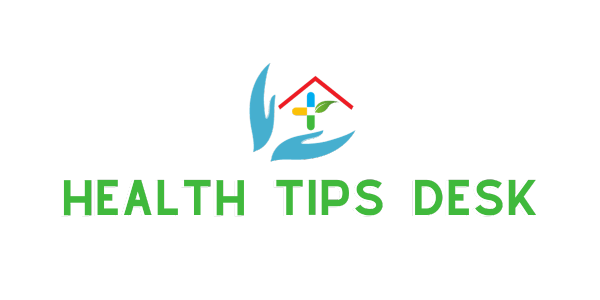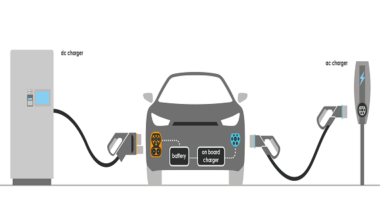
INTRODUCTION
Li teacher education, pathway planning enables pre-service teachers to situate themselves in the field, to monitor their progress, and to understand and organise their knowledge. This is only possible when understanding of what knowledge underpins the profession, the relationship between the knowledge domains, and how the different knowledge domains mature. This paper discusses an emerging evidence-based model of the ‘expert teacher’.
The model emphasises not only the usual elements of effective teaching – content knowledge, pedagogical knowledge and pedagogical content knowledge – but also takes into account the teacher’s personal knowledge and knowledge of context, both of which are derived from real-life learning experiences.
WHAT IS AN EXPERT TEACHER?
The pathway to expertise is a slow process that few achieve. A number of lines of evidence have been used to identify expert teachers including: certification, results their students achieve, peer assessments, students or the community, the classrooms they establish, and their status in the profession.
Shulman (1987) distinguishes between pragmatic effectiveness measured by correlation, usually with student academic achievement measures, and normative effectiveness measured by correspondence, usually with a model or conception of good teaching. Our study is inherently normative but builds on the data from pragmatic studies.
THE NEED FOR A MODEL
A model must smithy the representation of complex phenomena, making the abstract concrete, without masking essential elements that are needed to generate explanations and to interpret observations. This model is an attempt to create a coherent map of expert teachers so that our analysis can go beyond a mere checklist of attributes or behaviors.
It attempts to provide a language for discussing not just the knowledge that expert teachers possess but also the way in which this knowledge interacts in formal and real-life learning, professional contexts, and pathway planning.
The Components of a Model
We have identified four clusters of knowledge domains: content (discipline) knowledge, pedagogical knowledge and skills, and knowledge of context and personal knowledge. Pedagogical content knowledge (PCK) is the intersection of discipline knowledge and pedagogical skills. The other intersections include such elements as: the teacher’s personal epistemology; the teacher’s knowledge of curriculum and their students; and the relationships that the teacher forges with colleagues and students.
Discipline Knowledge
Often the public debate about teachers and teaching standards is reduced the claims of inadequate discipline knowledge. The question of the range and depth of discipline knowledge teachers need for students of differing maturity is accentuated by what is perceived as a time of rapid increase in knowledge in most disciplines.
Discipline knowledge encompasses an understanding of the salient concepts, relations among concepts, ideas and skills of a subject (Shulman, 1987) and has always been acknowledged the first prerequisite of ability to effectively teach a discipline. Teachers are often described in terms of a specific discipline knowledge.
Pedagogical Skills
With the rise of professional teachers – rather than the tradition of practitioners who apprenticed students, notably with the Sophists in classical Greece (Beck, 1996) – the distinction between the practice of a discipline and the teaching of the discipline gave rise to the notion of skills and knowledge independent of the discipline and particular to teaching.
This art and science of teaching became known as pedagogy. Berliner (1991) defines pedagogical knowledge as consisting primarily of knowledge about classroom management, the organization of classrooms, assessment, methods for the motivation of students, personal knowledge about particular students and their families, and social-interactional skills.
THE EMBEDDED NATURE OF KNOWLEDGE
Teachers’ knowledge does not exist in isolation—it is part of a greater shared knowledge and practice with which they have a continuing dialogue.it within teachers’ physical, social, intellectual and emotional environments. Thus the content knowledge is but a subset of the whole discipline knowledge and forms (albeit a small) part of it.
The pedagogical knowledge is intrinsically bound to the community of practice that the teacher contributes to. Context knowledge exists in a continual dialogue with the actual context: classroom, school and community.
CONCLUSION
Real-life learning is dependent on opportunities for engaging with knowledge, the manipulation and the application of knowledge, and the capacity to deal with complexity. Developing teaching expertise is about real-life learning. In teaching, the pathway to expertise, as identified by this research, is a slow developmental process. Four knowledge domains underpin teaching expertise, with each knowledge domain maturing at a different rate.
Naasongs is a comprehensive music collection offering a diverse range of tracks across various genres, catering to both regional and international audiences. The platform’s rich history and consistent technological advancements ensure a seamless user experience with high-quality audio streaming options. Featuring an intuitive user interface and effective search functionality, Naasongs provides users with quick access to their favorite music. The platform’s wide selection of musical styles and genres, coupled with positive feedback from users and critics, reflects its commitment to user satisfaction and quality. Additionally, Naa Songs‘ future expansion plans and ongoing advancements signify its continuous efforts to evolve and enhance its offering, making it the ultimate destination for music enthusiasts worldwide.





